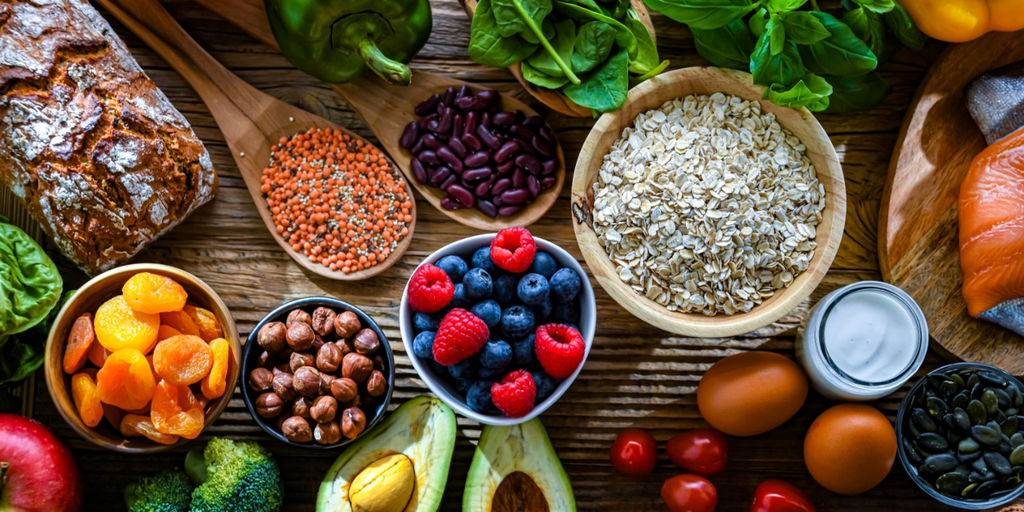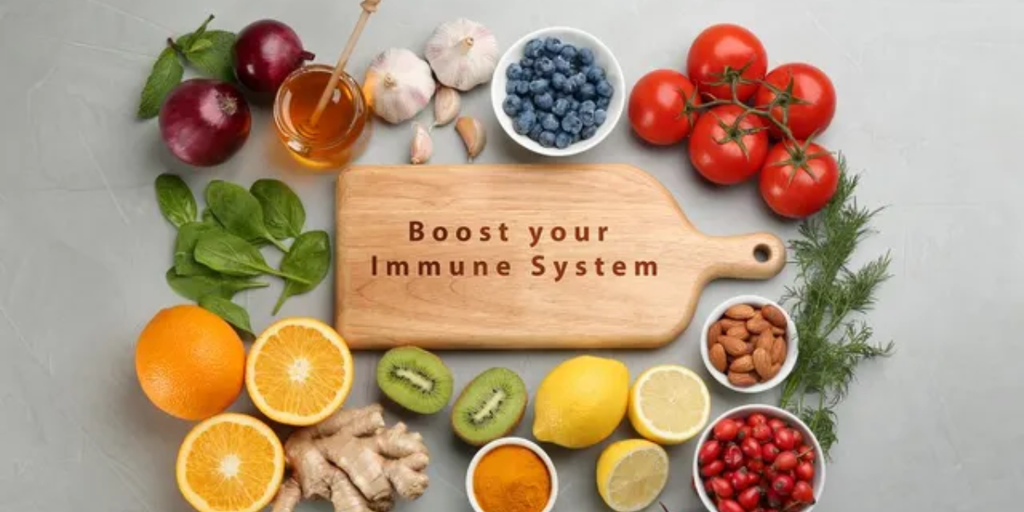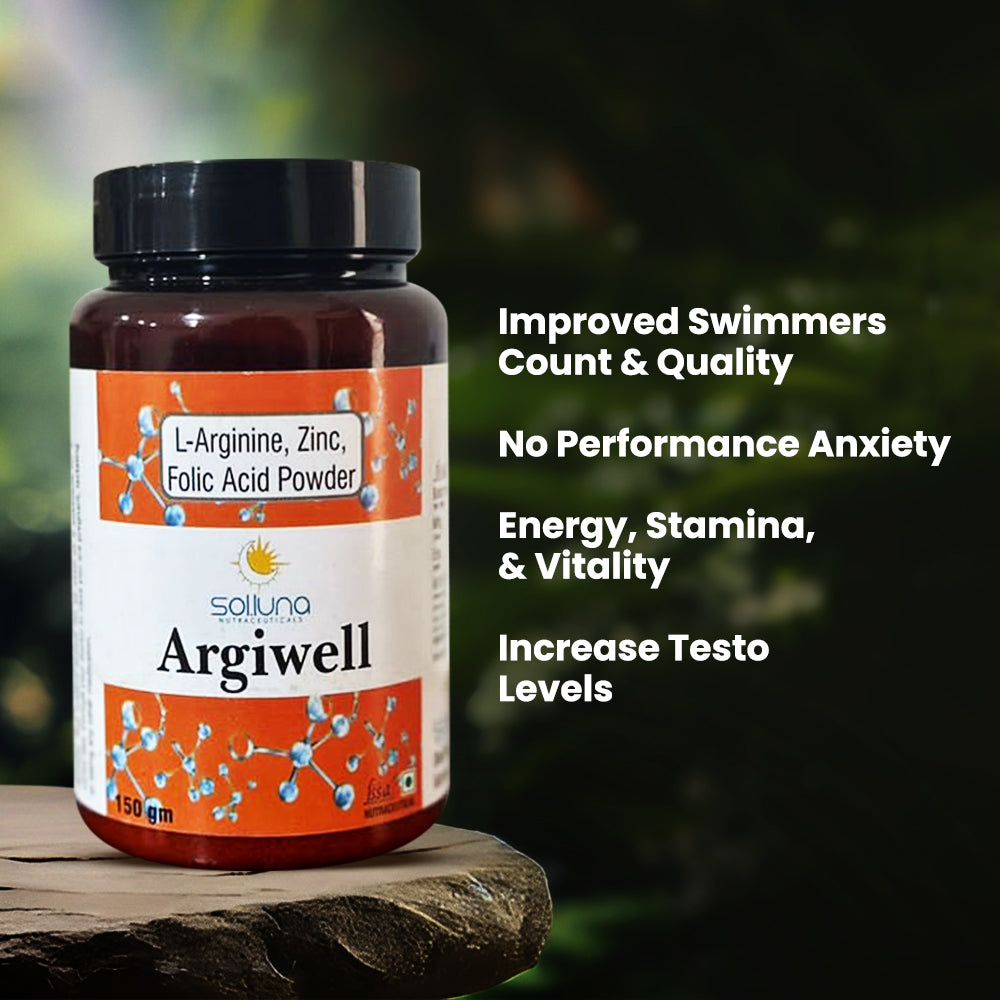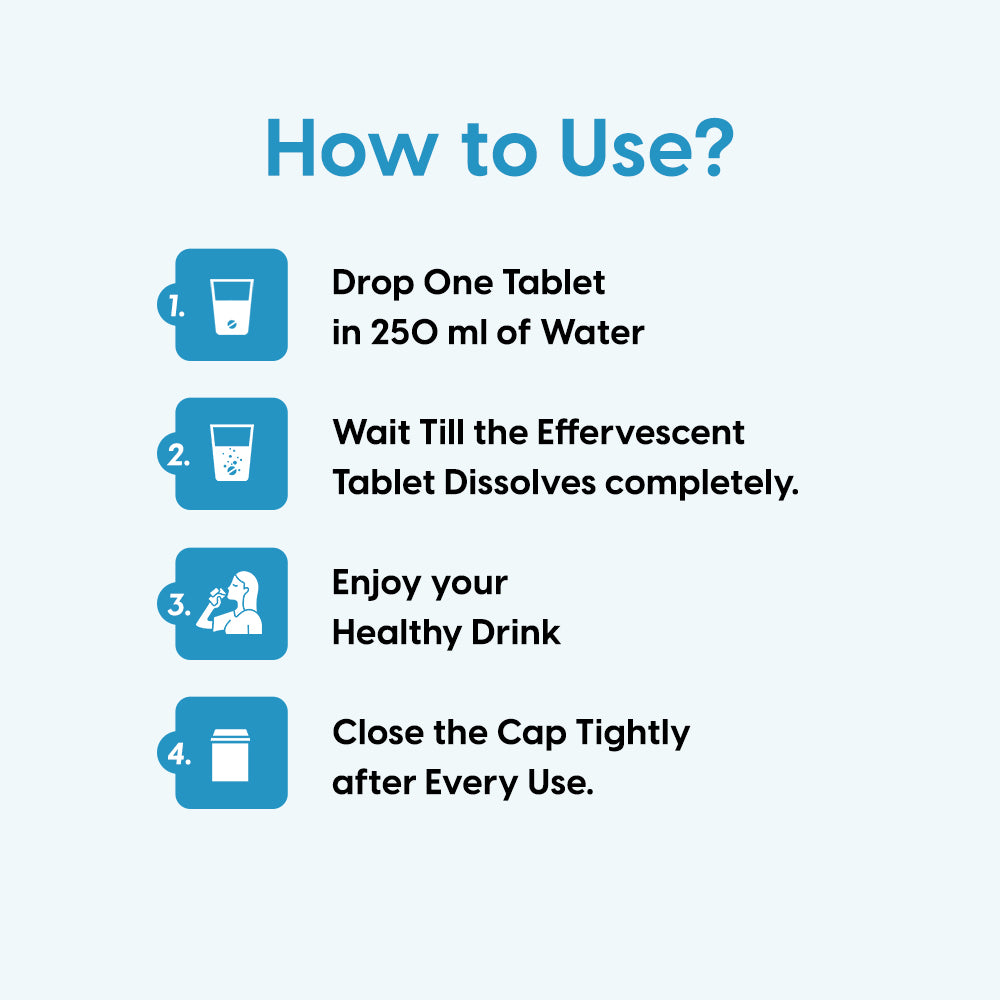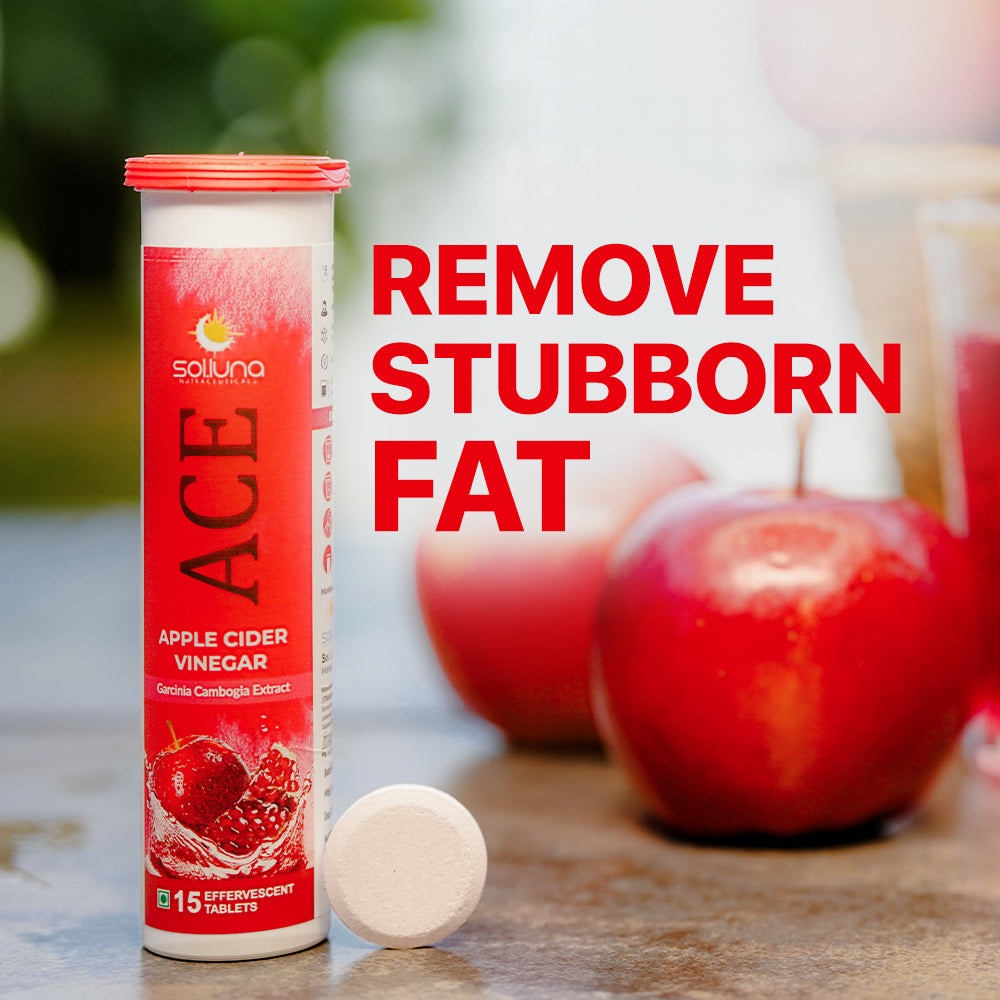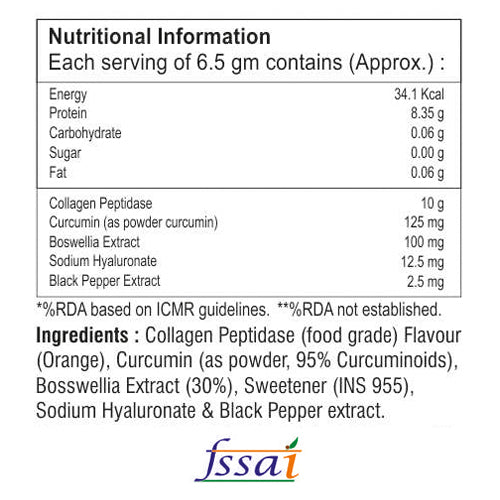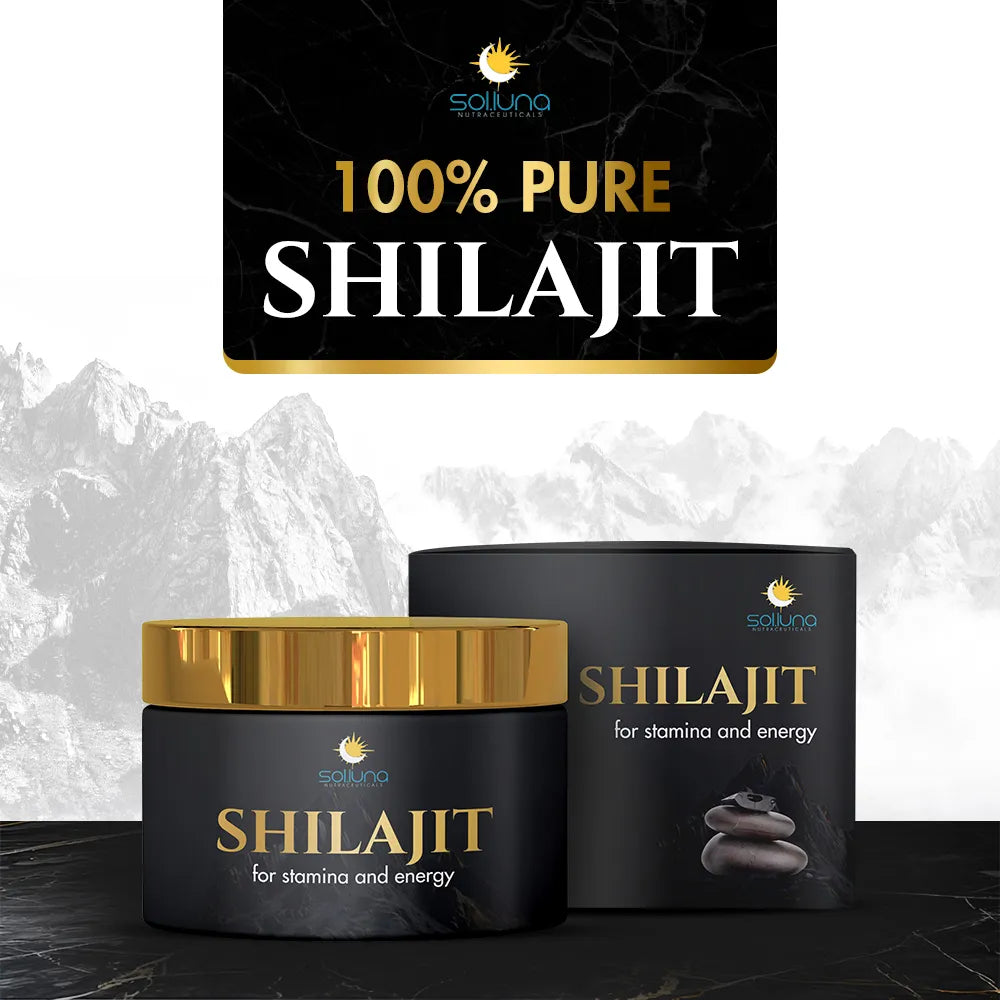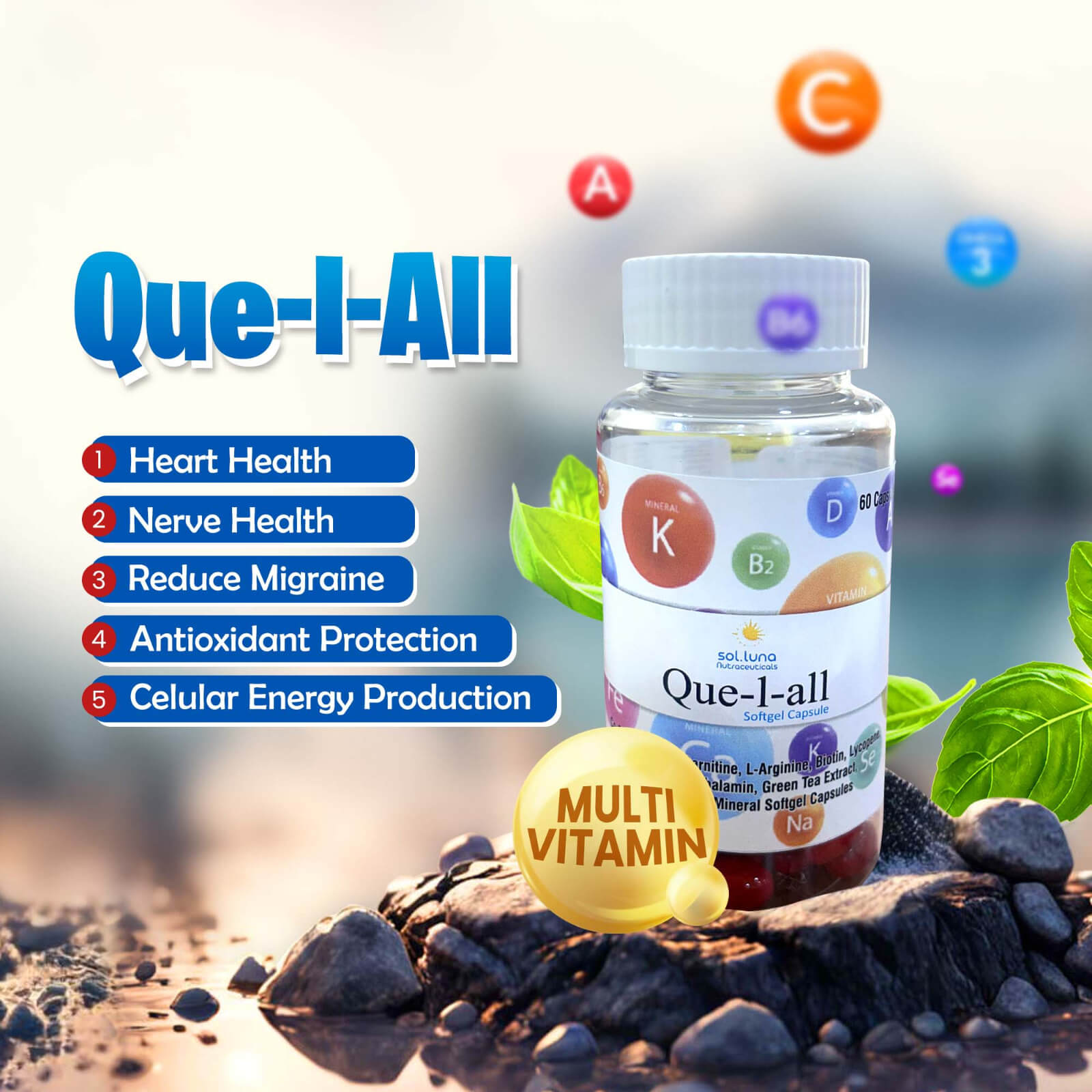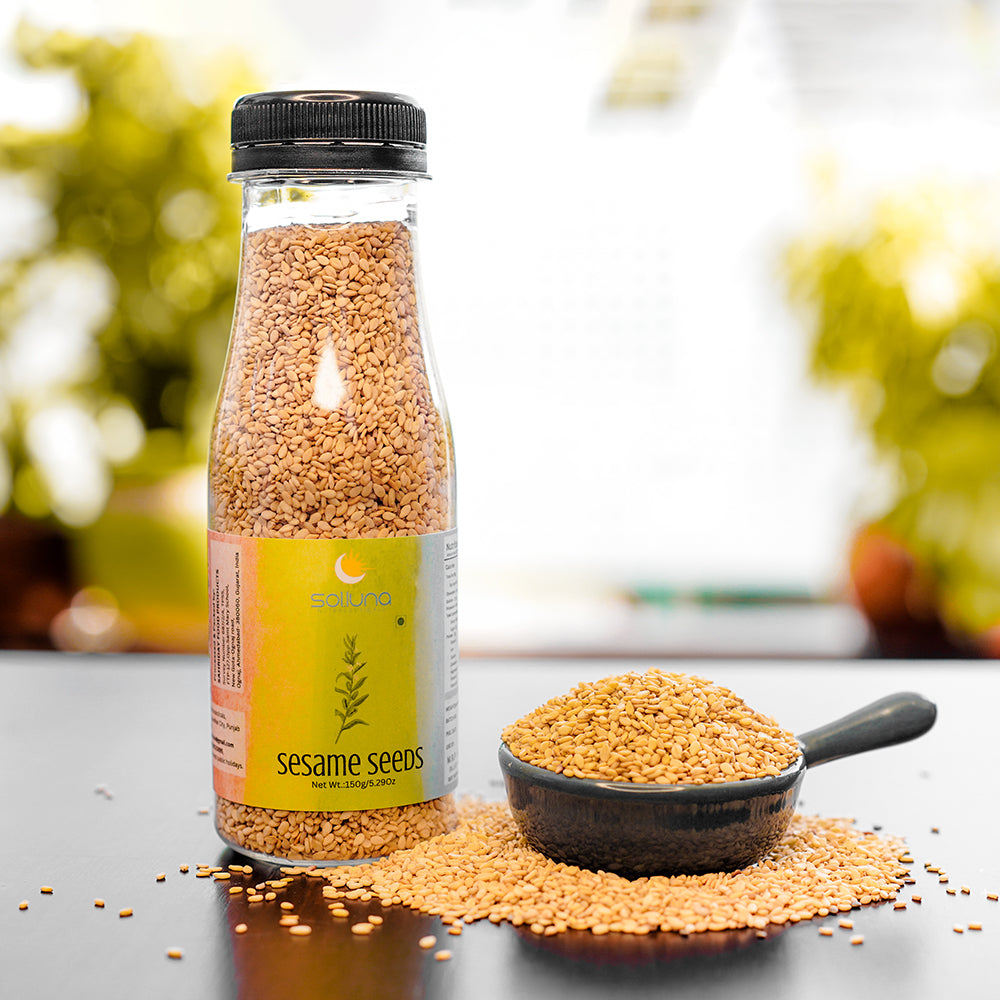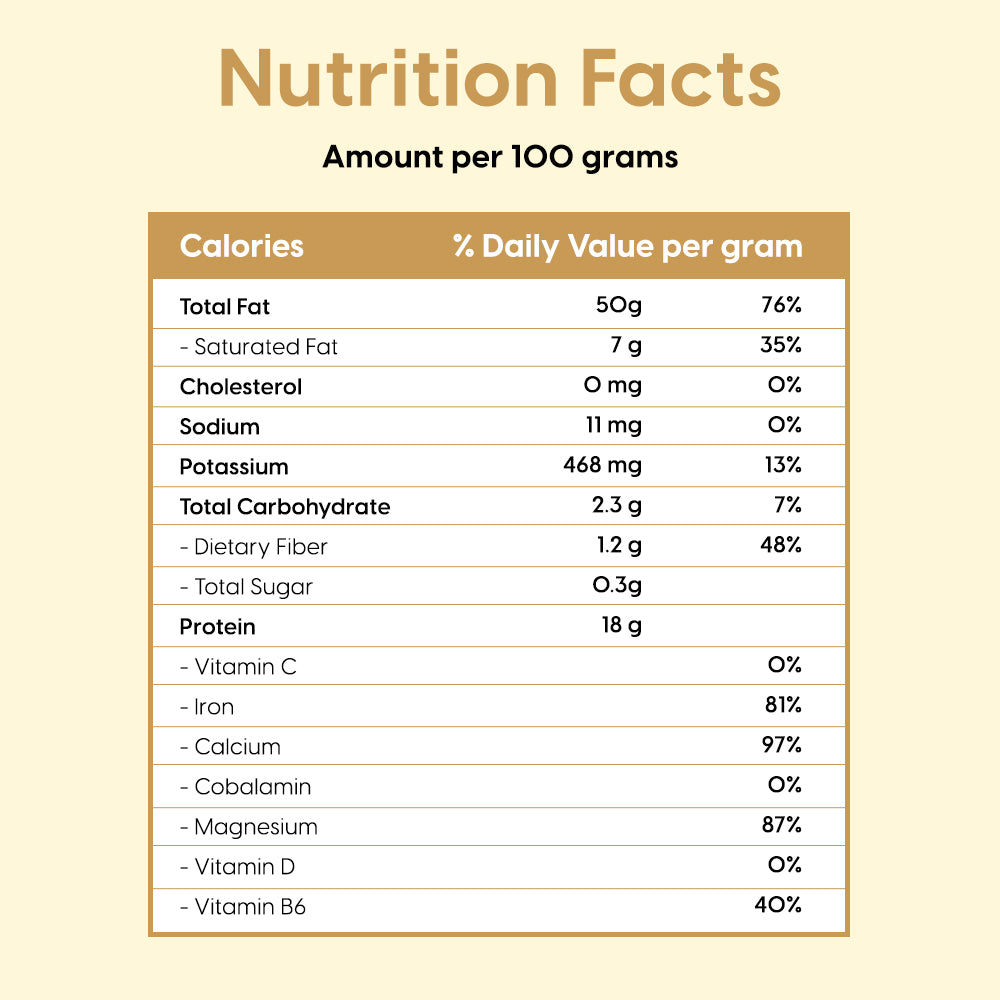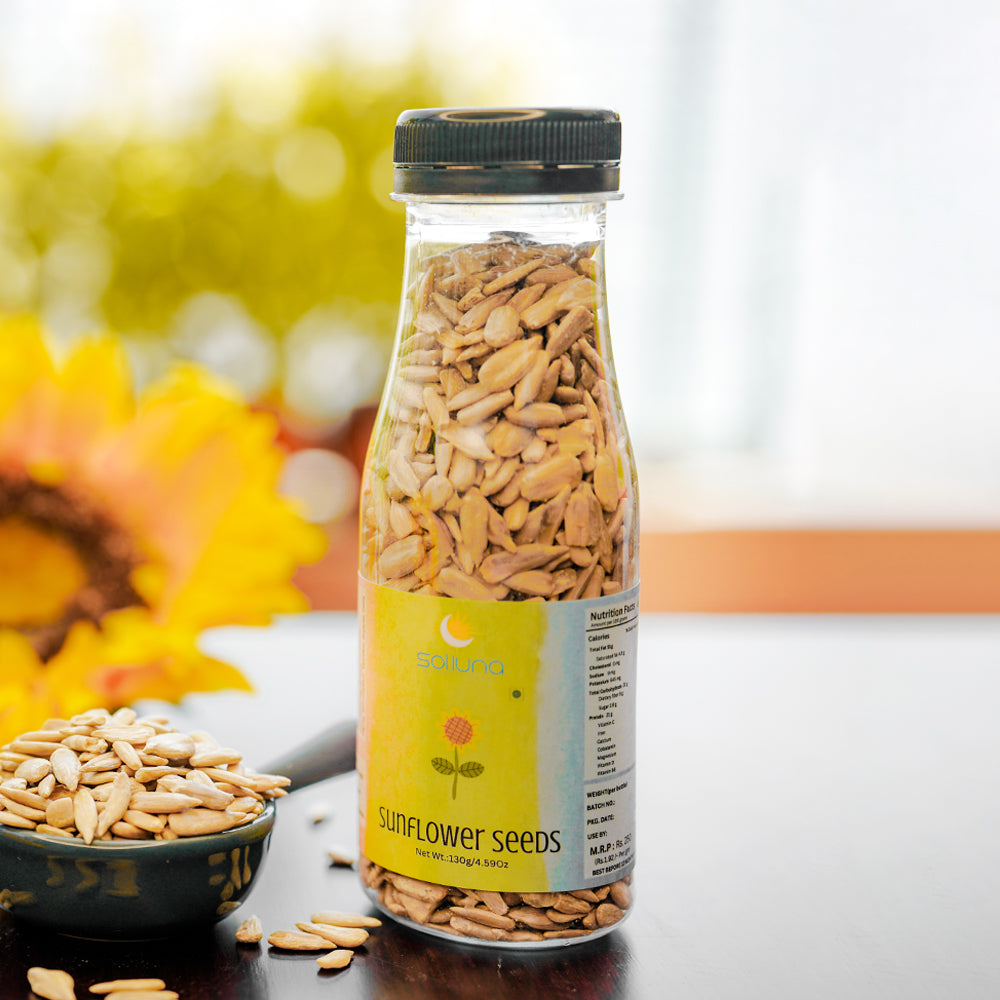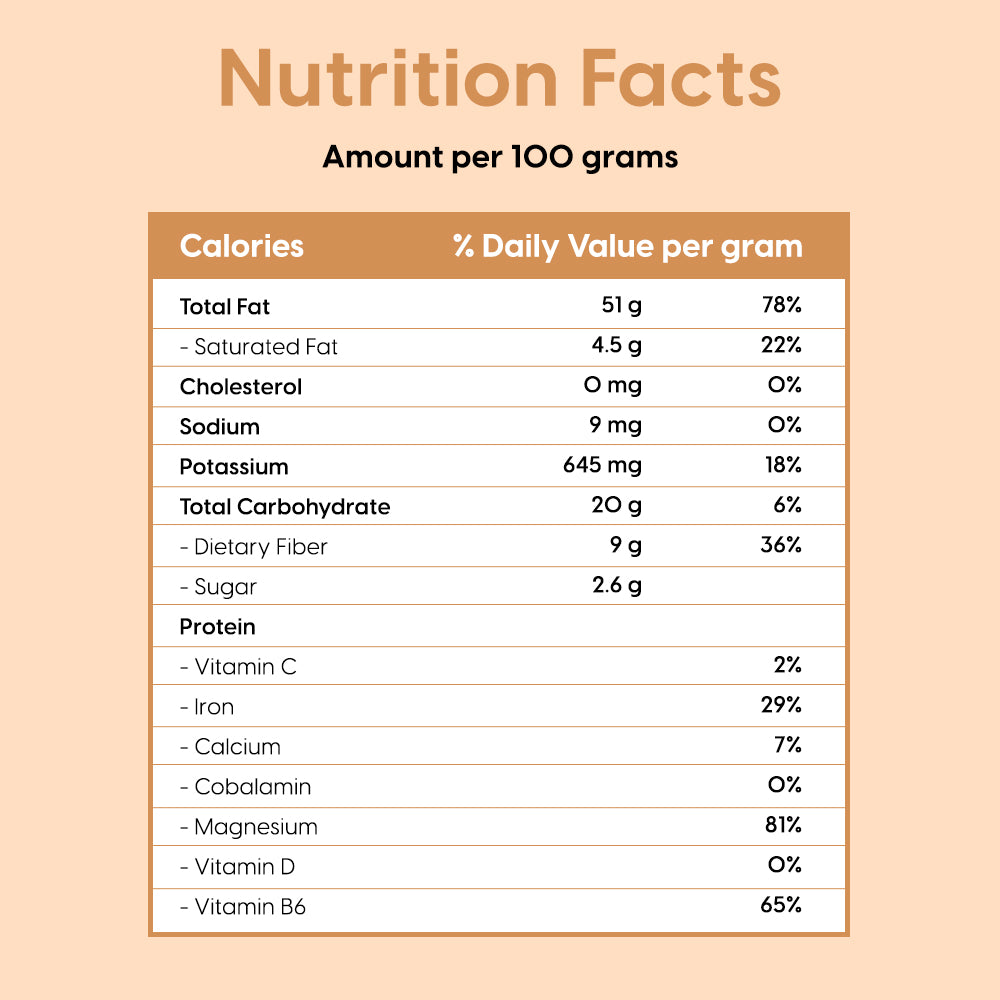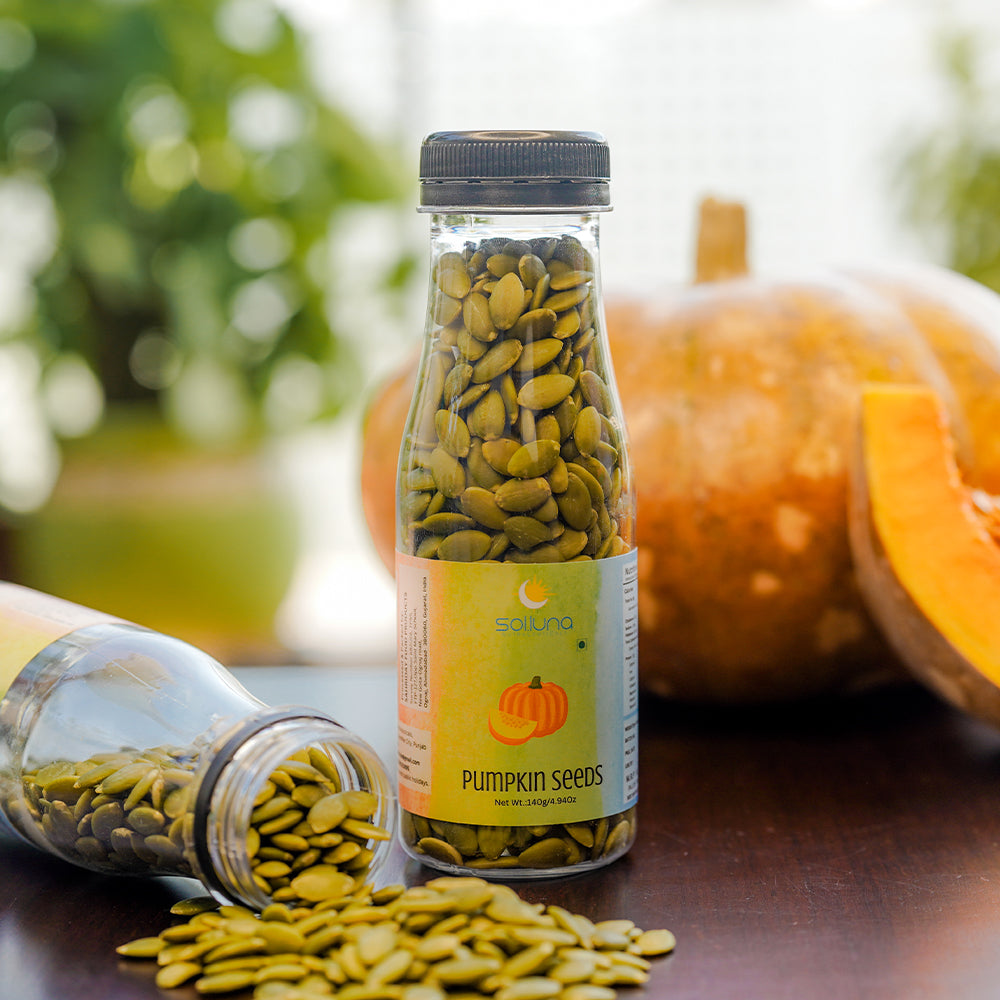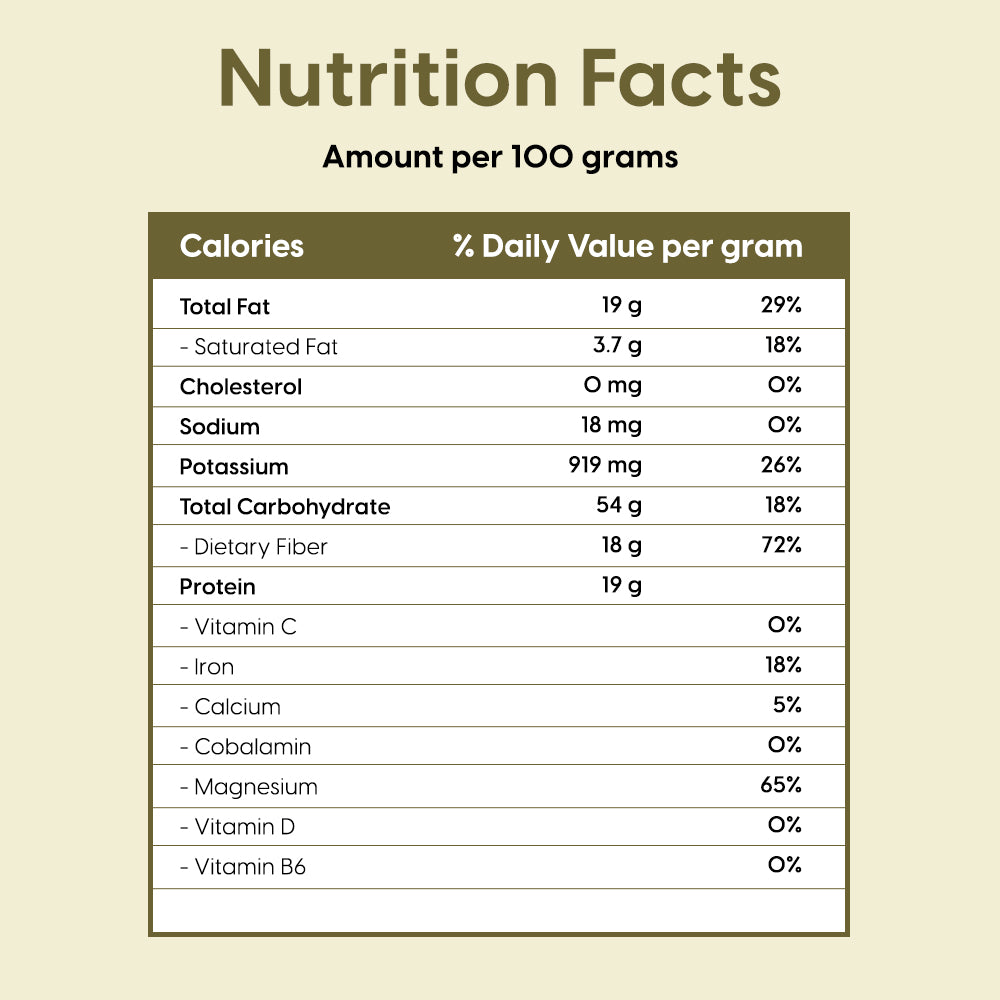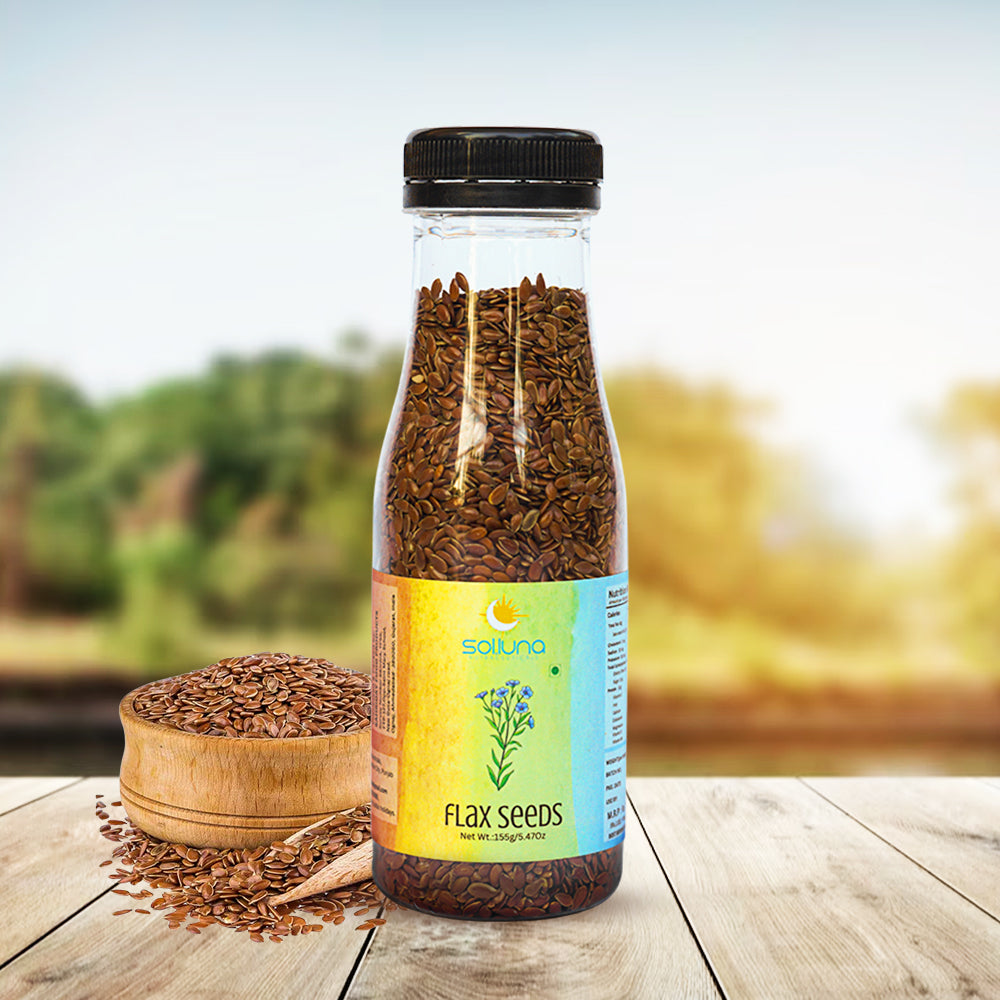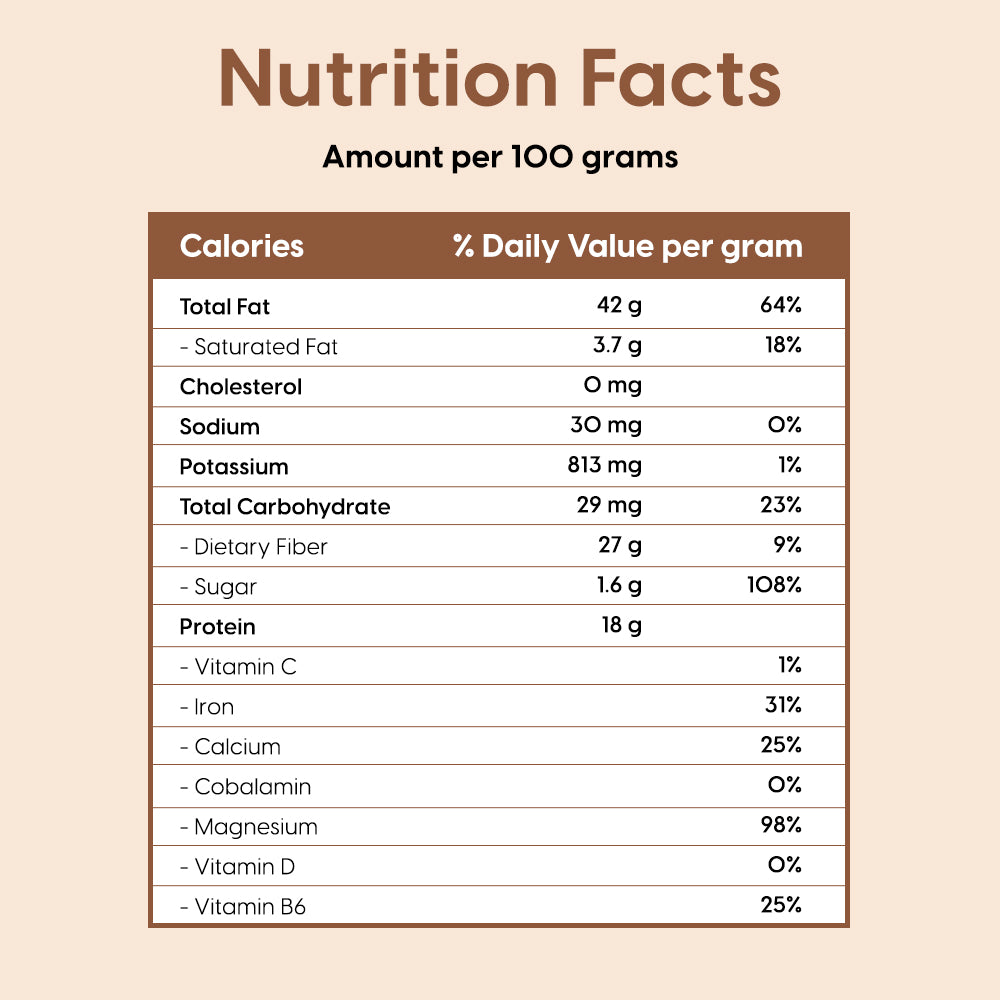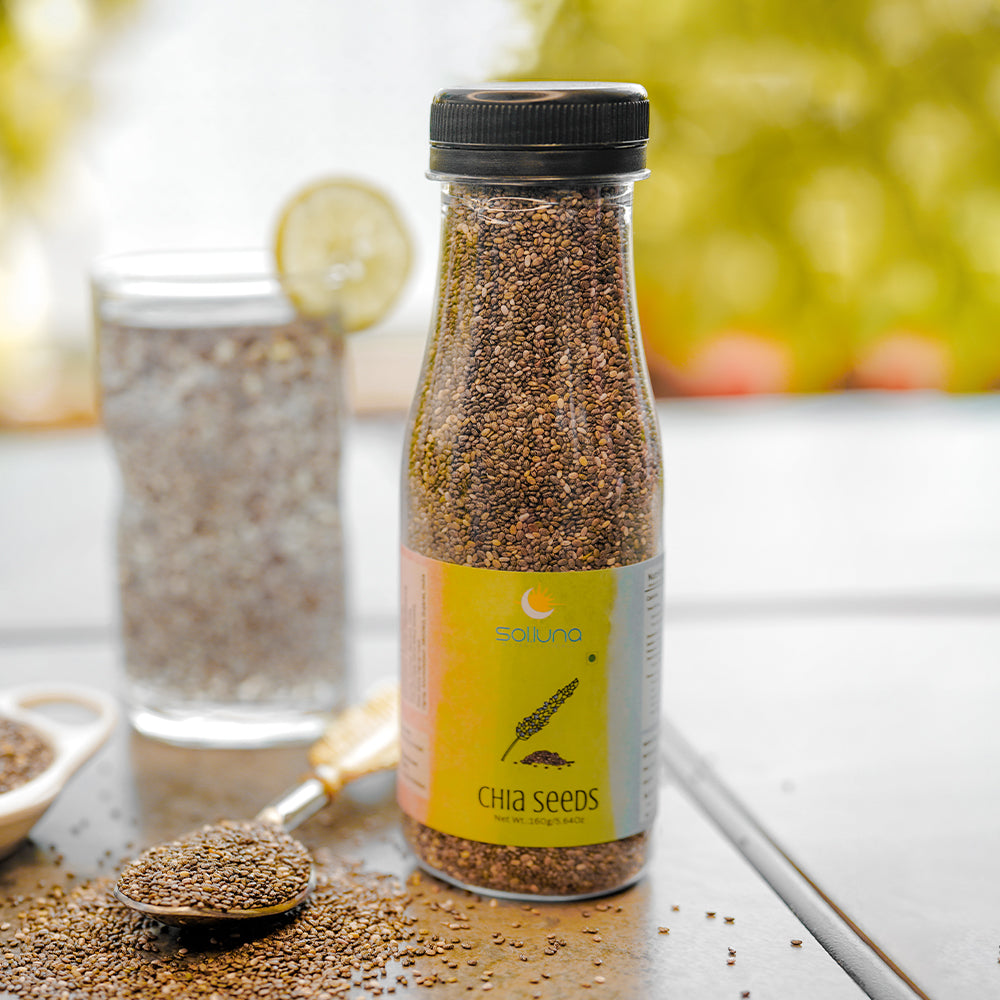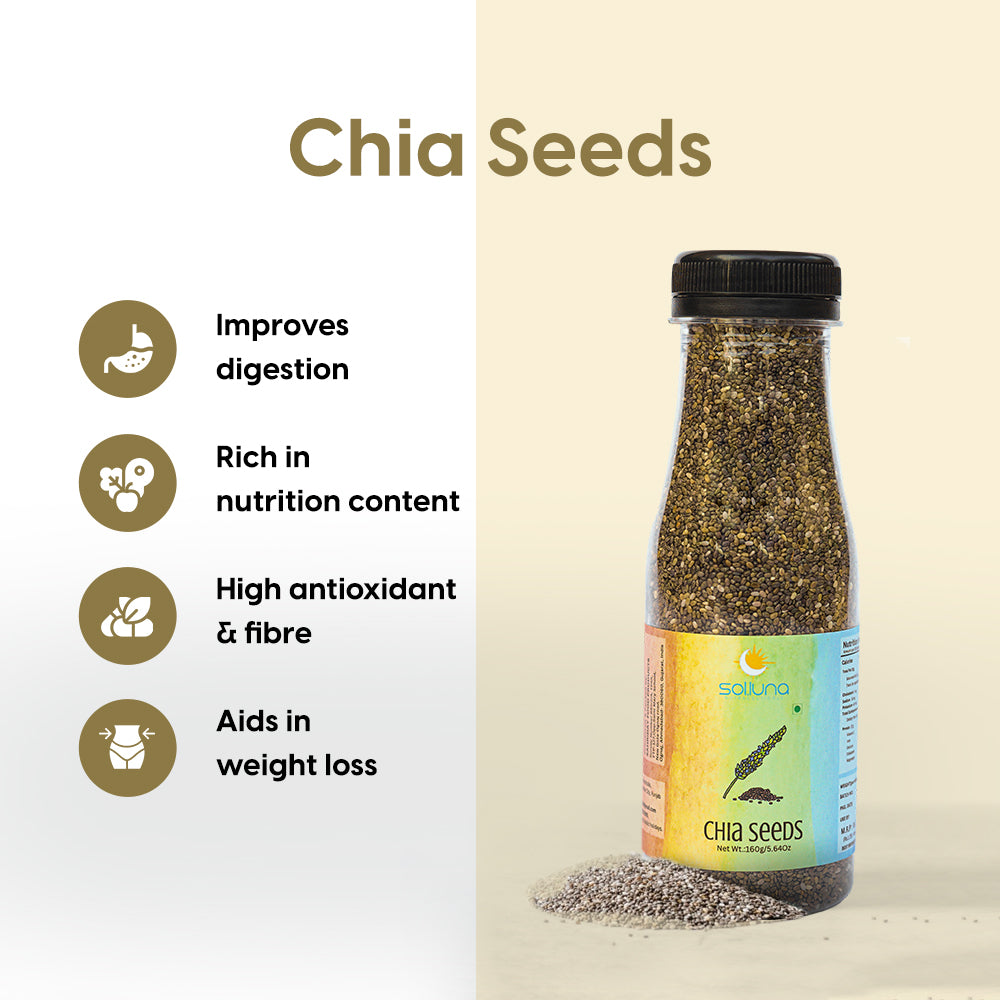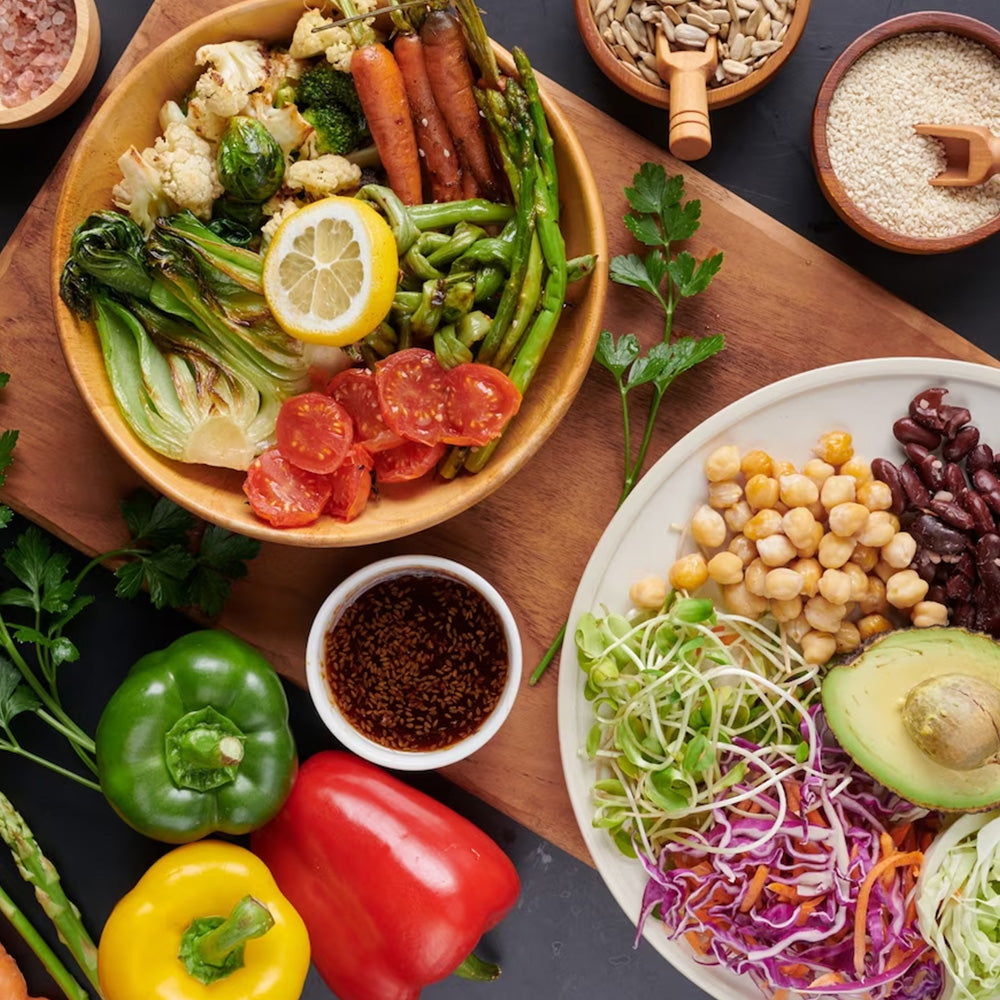
10 Indian Foods Packed with Vitamins and Minerals

Foods are the ultimate source of vitamins and minerals for the human body to thrive and function optimally. Indian cuisine offers a variety of delicious options that are not only loaded with flavor but also packed with vital vitamins and minerals.
From vegetarian cuisines to non-vegetarian delicacies, this blog covers a comprehensive guide to 10 Indian foods (both vegetarian and nonvegetarian) that can help you meet your daily nutrient requirements.
But before that, let’s understand the benefits that the body gets from vitamins and minerals.
Benefits of Vitamins and Minerals
Vitamins and minerals play crucial roles in maintaining various bodily functions, from bolstering immunity to supporting energy production. Here are some key benefits they offer:
Supporting Overall Health: Vitamins and minerals are essential nutrients that play crucial roles in various bodily functions, including metabolism, immune function, and cell growth.
Disease Prevention: Adequate intake of vitamins and minerals can help prevent chronic diseases such as heart disease, cancer, and osteoporosis.
Boosting Immune System: Certain vitamins like Vitamin C and Zinc are known to support immune function, helping the body fight off infections and illnesses.
Promoting Growth and Development: Vitamins and minerals are vital for growth and development, particularly during childhood, adolescence, and pregnancy.
Supporting Bone Health: Minerals like calcium, magnesium, and vitamin D are essential for maintaining strong bones and preventing conditions like osteoporosis.
Enhancing Skin, Hair, and Nail Health: Vitamins like A, C, and E, along with minerals like zinc and selenium, play roles in skin repair, collagen production, and maintaining healthy hair and nails.
Regulating Hormonal Balance: Certain vitamins and minerals, including Vitamin D, magnesium, and zinc, play crucial roles in hormone regulation, which is essential for overall health and wellbeing.
Supporting Eye Health: Vitamins A, C, and E, along with minerals like zinc and selenium, are important for maintaining healthy vision and preventing age-related eye conditions such as macular degeneration.
Improving Mood and Mental Health: Some vitamins and minerals, such as omega-3 fatty acids, B vitamins, and magnesium, are associated with improved mood regulation and may help alleviate symptoms of depression and anxiety.
Reducing Risk of Birth Defects: Adequate intake of certain vitamins and minerals, particularly folic acid (a B vitamin), before and during pregnancy, can reduce the risk of birth defects such as neural tube defects.
5 Vegetarian Indian Foods with Vitamins and Minerals
Incorporating a variety of nutrient-rich foods into your diet is key to maintaining optimal health. For those following a vegetarian diet, it's essential to ensure you're getting a good balance of vitamins and minerals from plant-based sources.
Here are five vegetarian Indian foods packed with essential vitamins and minerals:
5 Non-vegetarian Indian Foods with Vitamins and Minerals
While Indian cuisine offers a wide array of vegetarian options, non-vegetarian foods also provide essential vitamins and minerals necessary for overall health.
Here are five non-vegetarian Indian foods packed with vital nutrients:
Eggs: Eggs are a versatile and nutritious food, rich in several essential nutrients. They are an excellent source of vitamin D, which is crucial for bone health and immune function, as well as vitamin B12 and other B vitamins essential for energy production and nerve health.
Salmon: Fish, particularly salmon, is a nutrient powerhouse. It's packed with vitamin D, which supports bone health, mood regulation, and immune function. Salmon is also rich in omega-3 fatty acids, essential fats that promote heart health and reduce inflammation, and vitamin B12, important for nerve function and red blood cell production.
Mushrooms: Certain types of mushrooms, such as shiitake mushrooms, are unique in that they naturally contain vitamin D, a nutrient primarily found in sunlight and few food sources. Incorporating mushrooms into your diet can help boost your vitamin D intake, supporting bone health and immune function.
Liver: While it may not be as commonly consumed in modern diets, liver is a nutrient-dense organ meat that provides a concentrated source of various vitamins and minerals. It's particularly rich in vitamin A, which is essential for vision health, immune function, and skin integrity. The liver also contains significant amounts of vitamin D, vitamin B12, and folate.
Chicken Breast: Lean cuts of chicken, such as chicken breast, are popular in Indian cuisine and offer a good source of several nutrients. Chicken breast is rich in niacin (vitamin B3), which is important for energy metabolism, vitamin B6, which is necessary for brain health and hormone regulation, and phosphorus, which is essential for bone health and cell function.
Conclusion:
India as a country is rich in both vegetarian and nonvegetarian foods that not only taste delicious but also contain essential nutrients and micro vitamins required by the human body. Furthermore, this is only the tip of the iceberg. There is a much wider variety of local dishes and homemade delicacies that are high in natural nutrients.
So, it is best to consult with a doctor or nutritionist to plan and recommend an appropriate food and diet plan for your overall health.
Dr. Malvika is the founder of Solluna India and a licensed nutritionist with over 10 years of experience. She helps people who’re looking for diet control, weight management, or nutrition plans. To get a free consultation on diet planning and knowing what local foods are available at a normal Indian household that are packed with vitamins and minerals, call us at +91 85580 20895.


